Kinshasa, DR Congo – Torrential rains have wreaked havoc in the capital city of the Democratic Republic of Congo, killing at least 33 people and leaving thousands stranded as floodwaters submerged homes, roads, and vital infrastructure.
The disaster, which began with heavy overnight rainfall from Friday into Saturday, has overwhelmed large parts of Kinshasa — a sprawling city of over 17 million people nestled along the banks of the Congo River. Rescue operations are underway across nearly half of the capital’s 26 districts, as officials race against time to save lives and provide relief to those affected.
In the worst-hit neighborhoods like N’djili and Ndanu, residents were seen clinging to rooftops, wading through chest-deep water, or using makeshift canoes to escape submerged homes. “The water has reached 1.5 meters high,” said Christophe Bola, a resident of Ndanu. “We just managed to escape, but everything else is still inside our homes.”
Officials say the floods were worsened by the Congo River reaching its highest level in 60 years. Areas already vulnerable to soil erosion have been hit hardest, especially on the city’s outskirts and in some of its poorest communities.
Public frustration is mounting as residents accuse authorities of responding too slowly and failing to provide adequate support. “We need help — real help, not promises,” one local told reporters.
The situation has also caused widespread water shortages after key water treatment facilities were flooded, disrupting supply across much of the city. Critical transport routes, including the highway linking the city center to Kinshasa’s international airport and the main road to the port city of Matadi, are currently impassable.
A major concern is the N’djili River, a tributary of the Congo River, which has burst its banks. This river, already known for its high pollution levels, has inundated densely populated areas with contaminated water, raising fears of potential health crises.
Kinshasa’s poor urban planning and inadequate sewage systems have long made the city vulnerable to such disasters. Although the government announced plans last year to address these chronic issues, implementation has been slow.
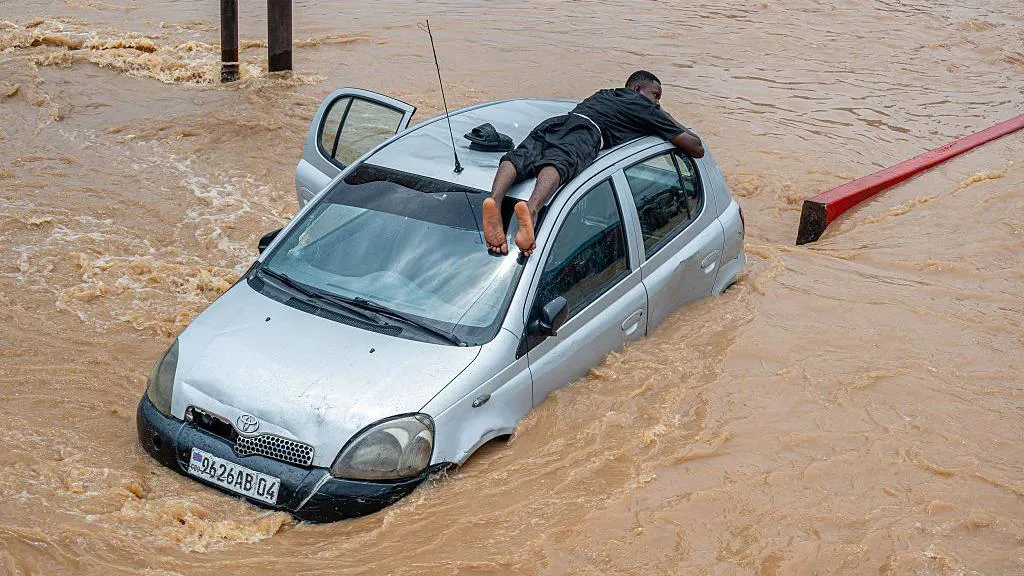
With more rain forecasted for the northern and northeastern regions of the DRC in the coming days, officials are warning of further possible flooding and urging residents in high-risk areas to remain alert.
The tragedy is yet another stark reminder of the growing impact of climate change on vulnerable regions. President Félix Tshisekedi has previously warned that increasingly erratic weather patterns are making floods more frequent and more deadly in the country.


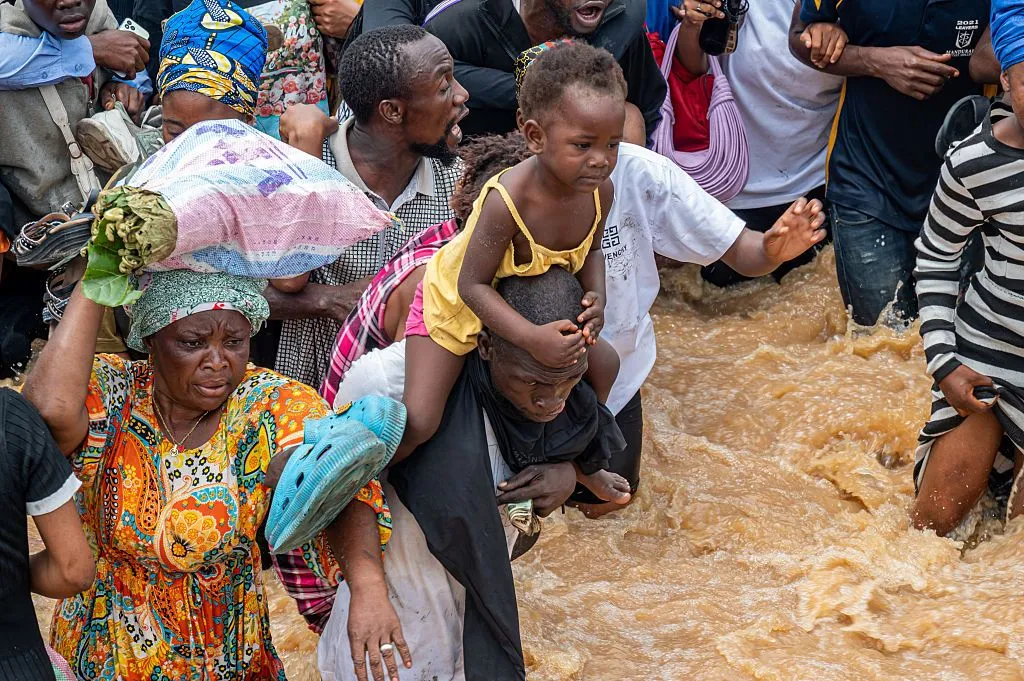


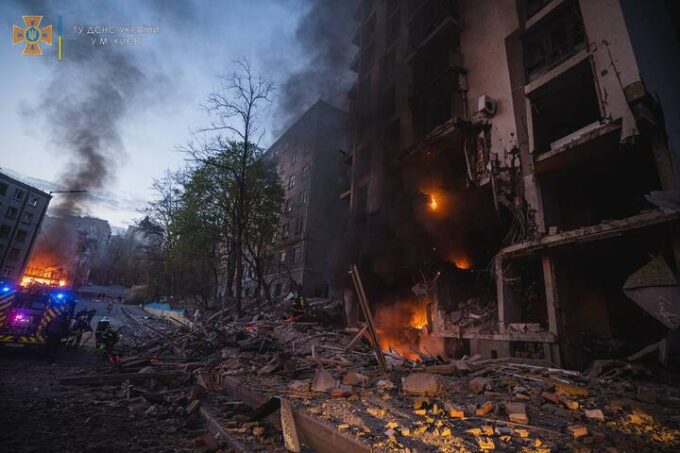





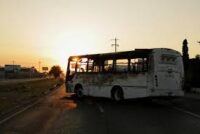

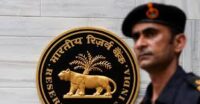
Leave a comment